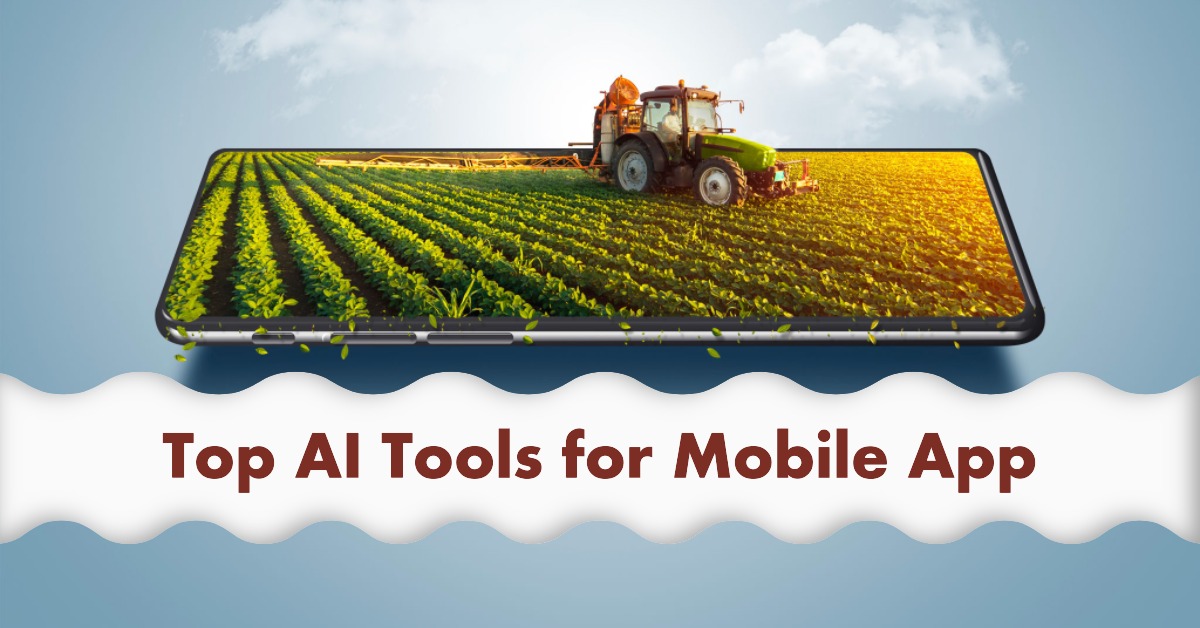Urban planning, the art and science of organizing cities, is at a pivotal moment. As cities grow and evolve, so do the challenges associated with managing them. Traditional methods of urban planning, while effective in their time, often struggle to keep pace with rapid changes in technology, population dynamics, and environmental concerns. Enter AI agents: the transformative force poised to revolutionize how we plan and build our urban landscapes. In this blog, we’ll discuss the role of AI App Development company in reshaping urban planning in real estate, enhancing decision-making, optimizing resources, and paving the way for smarter, more sustainable cities.
Understanding Urban Planning
Urban planning involves designing and regulating the use of land, infrastructure, and resources within a city. Its core objectives include creating efficient transportation systems, ensuring sustainable land use, and improving the quality of life for residents. Historically, urban planning has relied on static models and manual data collection methods. While these approaches laid the groundwork for modern cities, they often fall short in addressing today’s complex urban challenges, such as:
- Population Growth: Rapid urbanization leads to increased demand for housing, transportation, and public services.
- Sustainability: Balancing environmental impact with development needs requires innovative solutions.
- Infrastructure: Aging infrastructure demands upgrades and maintenance to support growing urban populations.
The Emergence of AI Agents
Artificial Intelligence (AI) refers to systems that can perform tasks typically requiring human intelligence, such as problem-solving and decision-making. In the realm of urban planning, AI agents—software powered by machine learning algorithms and neural networks—are emerging as key players. These agents can analyze vast amounts of data, make predictions, and provide insights that were previously unattainable.
Definition and Types of AI Agents
AI agents can vary widely, from simple rule-based systems to complex neural networks. In urban planning, the most relevant AI technologies include:
- Machine Learning Models: These algorithms learn from data to make predictions or decisions without being explicitly programmed.
- Data Analytics Tools: AI-driven analytics tools process and interpret large datasets to uncover patterns and trends.
- Predictive Modeling Systems: These systems use historical data to forecast future scenarios and outcomes.
The Role of AI in Urban Planning
Data Collection and Analysis
AI agents excel at gathering and processing large volumes of data from diverse sources, such as satellite imagery, traffic sensors, and social media. This capability allows urban planners to:
- Identify Trends: AI can analyze data to identify trends in population movement, land use, and environmental impact.
- Enhance Accuracy: Advanced analytics improve the accuracy of forecasts and simulations, leading to more informed planning decisions.
Predictive Modeling and Simulation
AI-driven predictive modeling enables urban planners to simulate various scenarios and predict their outcomes. This capability is crucial for:
- Forecasting Growth: Predicting future population growth and infrastructure needs helps in long-term planning.
- Scenario Testing: Planners can test different urban development scenarios to assess their impacts on traffic, housing, and public services.
Optimization of Resources
AI agents can optimize the allocation of resources across urban systems, including:
- Land Use: AI can identify the most efficient use of land based on various factors such as zoning laws, environmental impact, and community needs.
- Transportation: AI-driven systems can optimize public transportation routes and schedules based on real-time data.
- Utilities: AI helps in managing utilities like water and electricity, ensuring efficient distribution and reducing waste.
Enhancing Decision-Making with AI
Scenario Planning and Risk Assessment
AI tools assist in evaluating different urban planning scenarios and assessing associated risks. This includes:
- Scenario Analysis: AI models can simulate various development scenarios and their potential impacts on traffic, environment, and infrastructure.
- Risk Management: AI helps identify potential risks and vulnerabilities in urban planning strategies, allowing for proactive mitigation measures.
Public Engagement and Feedback
AI tools also play a role in enhancing public engagement by:
- Analyzing Public Opinion: AI-driven sentiment analysis tools can process public feedback from surveys, social media, and public meetings to gauge community sentiment.
- Incorporating Feedback: AI helps integrate public input into planning processes, ensuring that urban development aligns with community needs and preferences.
Ethical Considerations and Challenges
Bias and Fairness
AI systems must address issues of bias to ensure fairness in urban planning. This includes:
- Algorithmic Bias: AI algorithms can inadvertently reinforce existing biases if trained on biased data.
- Fair Representation: Ensuring diverse and inclusive data sources helps mitigate bias and promotes equitable planning outcomes.
Strategies: Regular audits and updates of AI systems, along with diverse data representation, are crucial for addressing bias.
Privacy and Data Security
AI-driven urban planning involves handling sensitive data, raising concerns about:
- Data Privacy: Protecting personal information from unauthorized access and misuse.
- Data Security: Implementing robust security measures to safeguard data against breaches and cyberattacks.
Best Practices: Adopting strong data protection protocols and ensuring transparency in data usage are essential for maintaining privacy and security.
Regulatory and Legal Issues
The integration of AI in urban planning also necessitates navigating regulatory and legal considerations:
- Current Regulations: Understanding existing regulations related to AI and urban planning.
- Future Policy Directions: Advocating for policies that address the unique challenges posed by AI technologies.
- Future Directions: Ongoing dialogue between stakeholders and regulators is crucial for developing effective policies and regulations.
The Future of AI in Urban Planning
Emerging Trends and Technologies
The future of AI in urban planning holds exciting possibilities, including:
- Advanced AI Models: Continued advancements in AI technologies, such as deep learning and natural language processing, will enhance planning capabilities.
- Integration with IoT: Combining AI with Internet of Things (IoT) technologies will provide real-time data and insights for more dynamic planning.
- Predictions: AI is expected to play a central role in shaping the future of urban environments, driving innovation in planning practices and solutions.
Opportunities for Innovation
AI presents numerous opportunities for innovation in urban planning:
- Smart Infrastructure: Developing AI-driven smart infrastructure solutions for better management of urban systems.
- Community-Centric Planning: Leveraging AI to create more responsive and inclusive urban planning processes.
- Encouragement: Stakeholders should collaborate to explore new AI applications and drive innovation in urban planning.
Conclusion
AI agents are transforming urban planning by enhancing data analysis, predictive modeling, and resource optimization. As cities face increasing challenges, Generative AI Development Services offers valuable tools for creating smarter, more sustainable urban environments. Embracing these technologies can lead to more efficient planning, better decision-making, and improved quality of life for residents.




